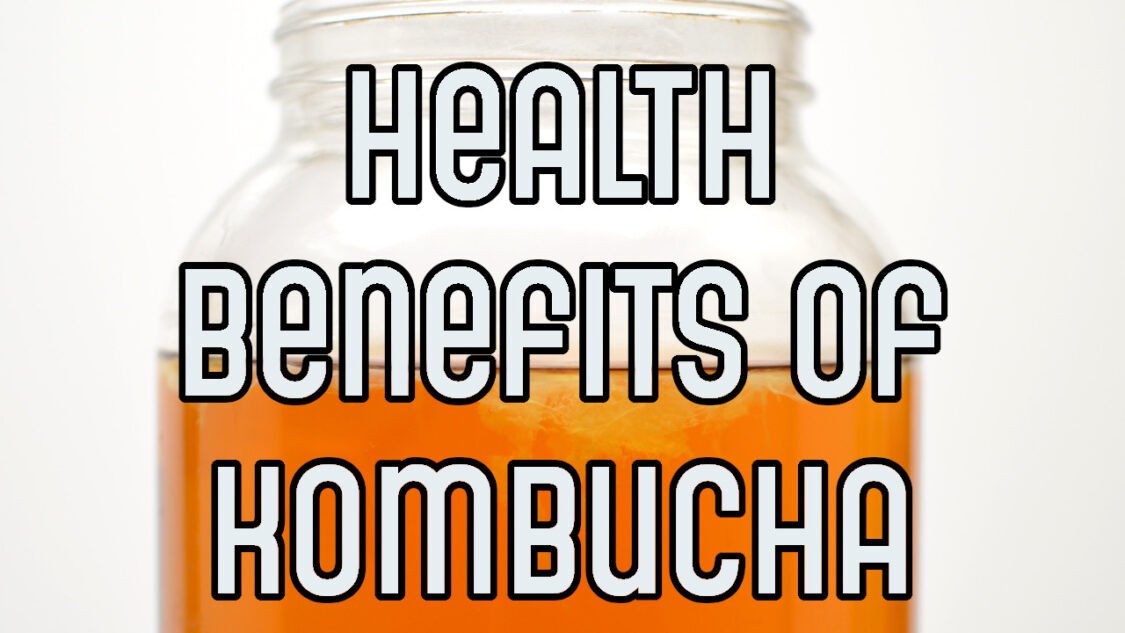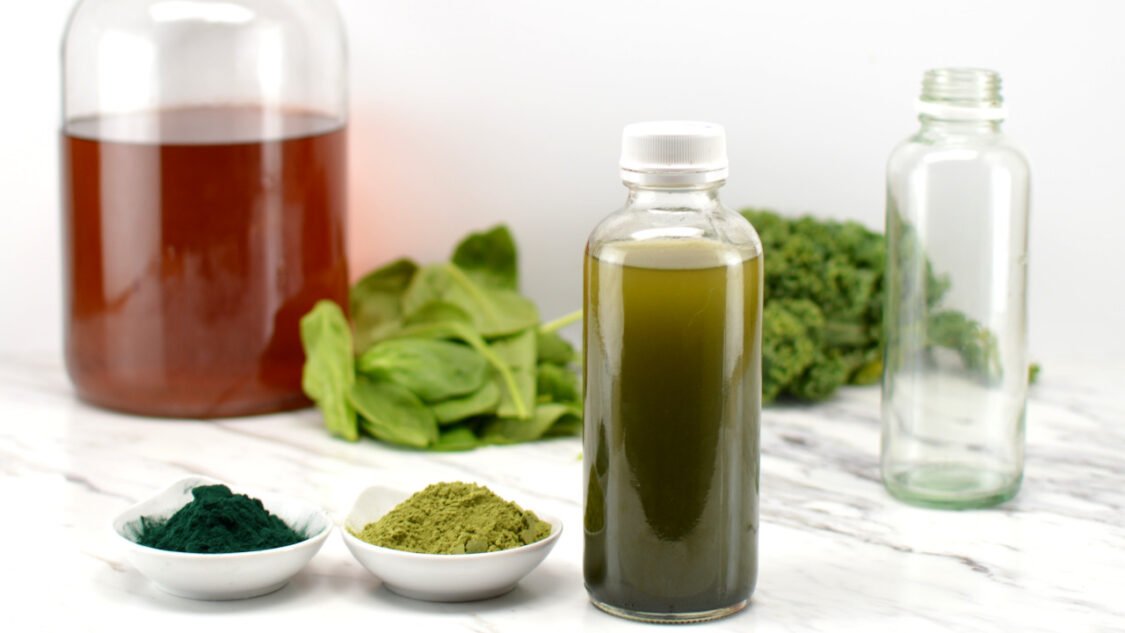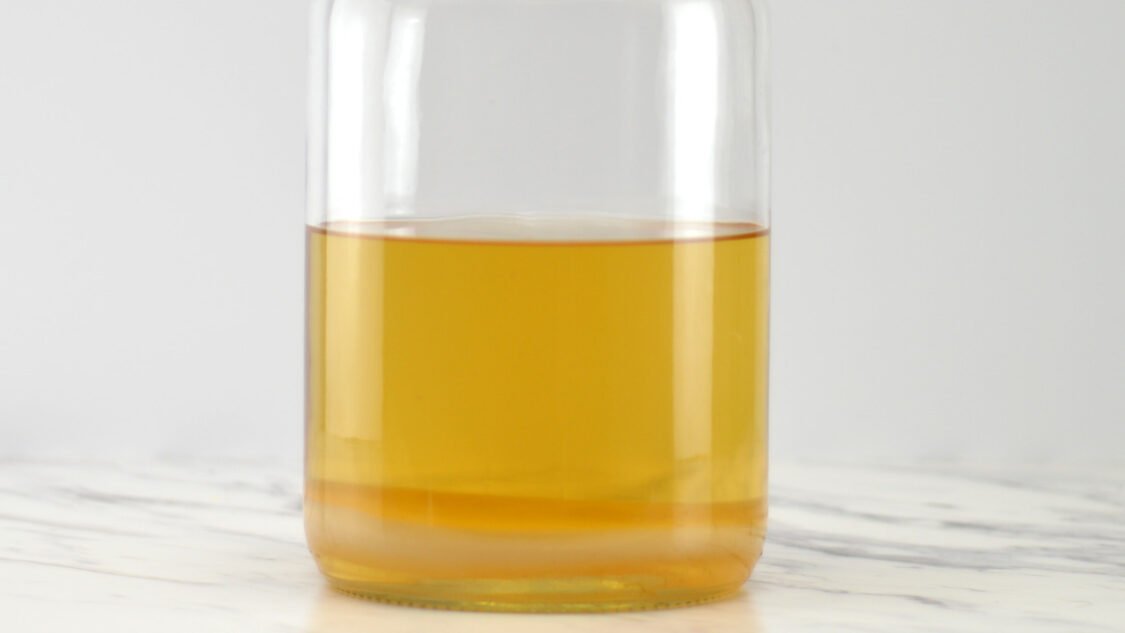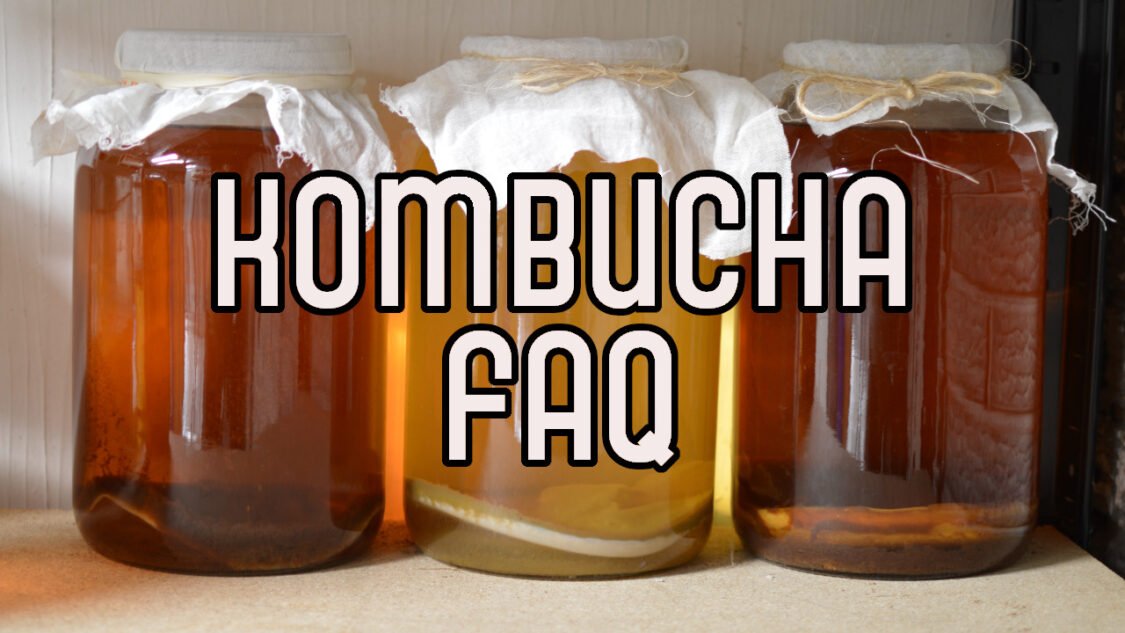Health Benefits of Kombucha
What are the commonly mentioned health benefits of kombucha and are they proven?

Proponents of kombucha say it helps your digestion, rids your body of toxins, and boosts your energy.
Some also claim that it can boost your immune system, help with weight loss, fight high blood pressure and heart disease, and help prevent cancer. There’s not a lot of hard evidence to support these claims.
Kombucha as a digestion aid with Probiotics
Claims about kombucha’s power to aid digestion come from the fact that the fermentation process makes probiotics. Probiotics help with diarrhea and irritable bowel syndrome, and they may even strengthen your immune system.
Kombucha is made by adding specific strains of bacteria, yeast and sugar to black or green tea, then allowing it to ferment. The fermentation process produces acetic acid (the main acid in vinegar) and several other acidic compounds and trace levels of alcohol. While there is no evidence for the probiotic benefits of kombucha, it contains several species of lactic-acid bacteria which may have probiotic function.
One of the key probiotics produced during kombucha fermentation is saccharomyces boulardii. It is very strong and cannot be easily killed by antibiotics.
A healthy human digestive tracts contains trillions of microorganisms that help the body digest food, absorb nutrients, and prevent infection. When this population of microorganisms is microflora is damaged or reduced (say by taking antibiotics), supplementing with dietary probiotics from fermented foods, like kombucha, can help restore the population of beneficial microorganisms.
Research indicates that probiotics can be helpful for those suffering from IBS or diarrhea. Additional research is underway that connects gastrointestinal to obesity. A causal study found that those with less microbiome diversity had higher rates of obesity and insulin resistance.
The bottom line is that probiotics provide your gut with beneficial bacteria. These bacteria can improve many aspects of health, including digestion, reducing inflammation and weight loss. Adding fermented beverages like kombucha to your diet could be beneficial to your health.
If you’re looking for a way to increase your probiotics while also benefitting from some kale, try my Green Goddess Kombucha Smoothie.

Kombucha Can Help You Cut Sugar
Switching from sugary sodas to kombucha is a great tactic to reduce sugar intake. You can still get your fix of a carbonated beverage with a small amount of caffeine without as much sugar. 1 cup of kombucha contains about 12g of sugar (50 calories). Meanwhile, 1 cup of soda contains about 24g of sugar (100 calories). Kombucha is also a great substitute for artificially sweetened sodas.
Additionally, brewing your own kombucha lets you control the sugar content. Allowing your kombucha to ferment for longer enables the bacteria and yeast have more time to digest the sugars, which they then turn into carbonation and acidity.
Before going all-in on kombucha as your new favorite drink, you might want to check out how much kombucha to drink?
Kombucha contains protective antioxidants
Antioxidants are substances that fight free radicals, reactive molecules that can damage your cells . These free radicals can damage other cells which may lead to heart disease and cancer. Many scientists believe that antioxidants from foods and beverages are better for your health than antioxidant supplements.
Kombucha is made from tea, which naturally contains antioxidants and polyphenols. These antioxidant compounds remain in the kombucha after fermentation which makes kombucha a great way to consume natural antioxidants. Kombucha made with green tea has even more of these beneficial antioxidants and appears to have antioxidant effects in your liver.
Studies on rats have found that drinking kombucha regularly reduces liver toxicity caused by chemicals, in some cases by at least 70%. There is yet to be a human study on this but it seems like a promising area of research for people with liver disease.

Kombucha May Provide the Benefits of Green Tea
Green tea has been found to be one of the healthiest beverages on the planet since it contains many bioactive compounds, such as polyphenols, which function as powerful antioxidants in the body. Kombucha made from green tea contains many of the same plant compounds and should carry some of the same benefits.
Studies on green tea found that regular consumption can increase calories burned, reduce belly fat, improve cholesterol levels, help control blood sugar and more. Studies have also shown that drinkers of green tea have a reduced risk of prostate, breast and colon cancers.
Drinking kombucha made from green tea may offer many of the health benefits as drinking green tea itself.

Kombucha May Reduce Heart Disease Risk
Kombucha has been shown to improve “bad” LDL and “good” HDL cholesterol levels in rats. It may also protect against heart disease. Studies with rats have shown that kombucha can greatly improve two markers of heart disease, “bad” LDL and “good” HDL cholesterol, in as few as 30 days
Tea, especially green tea, protects LDL cholesterol from oxidation, which is thought to contribute to heart disease, Regular drinkers of green tea have up to a 31% lower risk of developing heart disease. This protection that may also apply to kombucha drinkers.
Kombucha May Help Manage Type 2 Diabetes
A study of diabetic rats found that kombucha slowed down the digestion of carbohydrates and reduced blood sugar levels. It also improved liver and kidney function.
Kombucha made with green tea is likely to be even more beneficial, as green tea itself has been shown to reduce blood sugar levels. A study found that regular green tea drinkers had an 18% lower risk of becoming diabetic.
Kombucha May Help Protect Against Cancer
Cancer is one of the world’s leading causes of death characterized by cell mutation and uncontrolled cell growth. Test-tube studies found that kombucha helped prevent the growth and spread of cancerous cells due to its high concentration of polyphenols and antioxidants from the tea.
It’s thought that these polyphenols block gene mutation and growth of cancer cells while leading to the death of cancer cells. Whether kombucha has any anti-cancer effects in people has not been scientifically confirmed.
Are there any negatives to drinking kombucha?
With all of the potential health benefits one could think that everyone should be drinking it every day. This is not necessarily the case.
Each sip of kombucha contains a variety of live bacteria. Most of these bacteria are beneficial; however there is always the chance that some undesirable strains could also be present. For most healthy adults, the presence of these bacteria should not pose a problem as they will be killed off by the body during digestion.
People with weakened or compromised immune systems, children, elderly people, and women that are pregnant should check with their health professional before drinking kombucha.
Kombucha also contains trace amounts of caffeine, alcohol and several other compounds. Your sensitivity to each of these should be considered before consuming kombucha.
Read more
There have been several scientific studies to research the compounds in kombucha to see if there is a link to improved health. Here are a few if you would like to go deeper:
- A review on health benefits of kombucha nutritional compounds and metabolites
- Kombucha: a systematic review of the empirical evidence of human health benefit
- Health, wellness, and safety aspects of the consumption of kombucha
It’s also important to consider the potential negative effects of drinking kombucha, especially if you are just starting. Check out kombucha side effects to learn more about starting and drinking kombucha regularly.
Helping you learn to brew kombucha, find inspiration for new kombucha flavors and use kombucha to make kombucha mocktails

